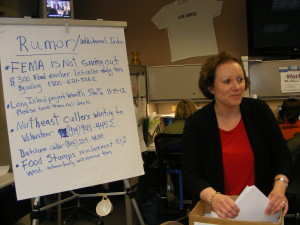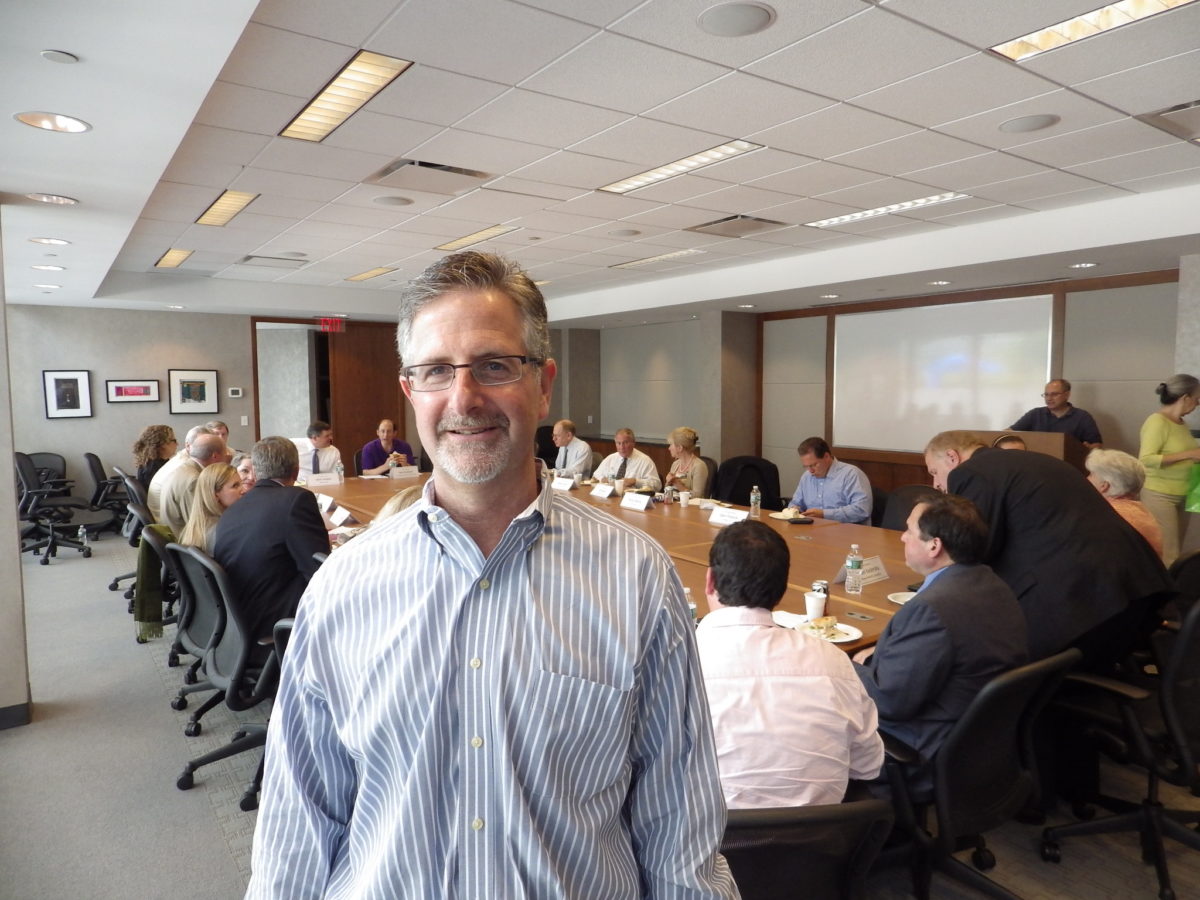Under terms of a bill that passed both chambers of the state Legislature in June, New York state nonprofits could incorporate, dissolve and merge more easily; communicate and hold meetings using modern technology like videoconferencing; and enter transactions without having to go to court.
An inability to perform those and other tasks led to a two-year effort by the state attorney general”™s office, working with the nonprofit sector, to eliminate red tape for nonprofits in some arenas and to add oversight in others.
Gov. Andrew Cuomo is reviewing the legislation.

The bill, the Nonprofit Revitalization Act, also would streamline procedures for nonprofit mergers, property sales and corporate dissolutions, “so that funds needed for ongoing charitable programs are not wasted on unnecessary red tape,” Attorney General Eric Schneiderman said. And it would modernize laws to allow nonprofits to use email and video technology for meetings and allow boards to delegate the approval of small transactions to committees.
Attorney Naomi Adler, president and CEO of the nonprofit White Plains-based United Way of Westchester and Putnam, said she is “well aware” of the bill, having worked with the attorney general on its details.
“The goal is to enhance the public”™s trust in the charities they support,” Adler said, citing “charity fatigue and distrust” as present-day roadblocks to giving.
Far from the image of small-scale beneficent efforts, nonprofits employ one in seven New Yorkers and contribute “hundreds of billions to the economy,” according to the attorney general.
Adler said nonprofits are “one of the most regulated areas of the law,” but added: “It”™s been many decades since an overhaul of the law.”
Adler said nonprofits seek top-tier executives on their boards of directors. But an inability to network electronically meant those who accepted board positions were, in effect, thrown back in time: “You want the best board members,” she said. “But they are busy. To do things with tools that slow you down and don”™t make sense does not make any sense at all.”
Oversight and governance reforms include nonprofit boards reining in any insider deals. The bill also requires more robust financial oversight requirements, conflict of interest policies and whistleblower policies to protect nonprofit employees from retaliation when they identify wrongdoing.
“Conflict-of-interest and whistleblower policies needed to be codified,” Adler said. “And we needed a simplification of not-for-profit corporation law.
“Charity boards need to take their oversight roles seriously,” she said. “But we have to give them the tools to do so.” She said many oversight regulations in the law are already in place at United Way and that others “should have these tools to enhance credibility.”
The bill also eliminates “unnecessary and costly requirements for nonprofits forming in New York,” Schneiderman said, allowing them to commence charitable programs more quickly and with more money on hand.
Mergers, too, would be streamlined. Adler called them “very expensive procedures because the law required an enormous amount of legal steps. There needs to be an expedited approval of nonprofit mergers.”
The bill”™s sponsors were state Sen. Michael Ranzenhofer, R-Amherst, and Assemblyman James Brennan, D-Brooklyn. It passed both chambers unanimously.
The bill is currently under review by the Cuomo administration, according to his spokesman Rich Azzoppardi. He said Cuomo has not yet officially received it. When he does receive it, Azzoppardi said, the governor has 10 days to decide on whether it becomes law. There was no firm deadline for when that might happen.
Monsignor Kevin Sullivan, executive director of Catholic Charities Archdiocese of New York, which regionally serves 356,000 in New York City (minus Queens and Brooklyn), Westchester, Dutchess, Orange, Putnam, Rockland, Ulster and Sullivan counties, said, “The Nonprofit Revitalization Act takes critical steps to streamline and modernize New York”™s charities laws to remove unnecessary burdens, save taxpayer dollars and help nonprofits focus resources on providing services. Catholic Charities is grateful to Attorney General Schneiderman for his leadership in this important effort to reform the outdated laws governing New York”™s nonprofits.”





















